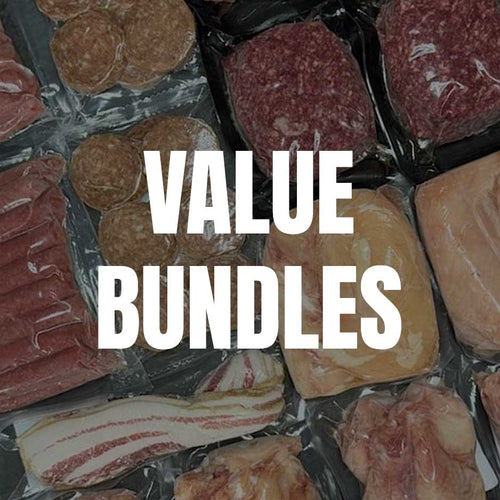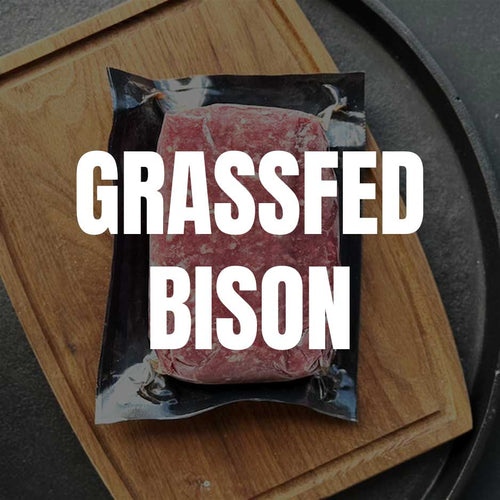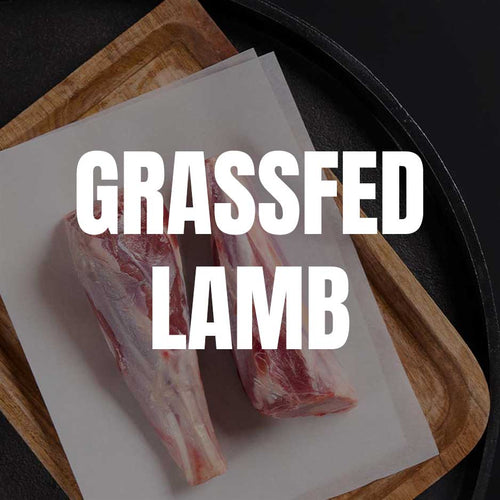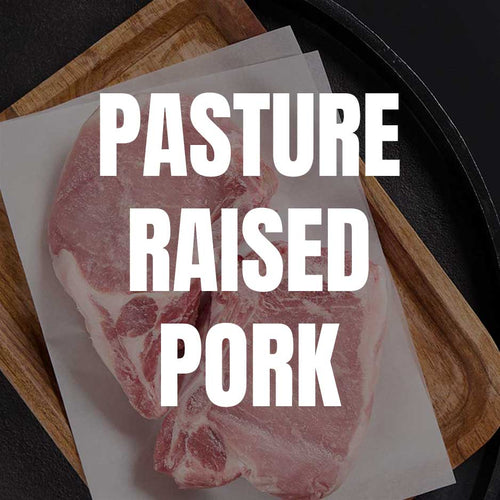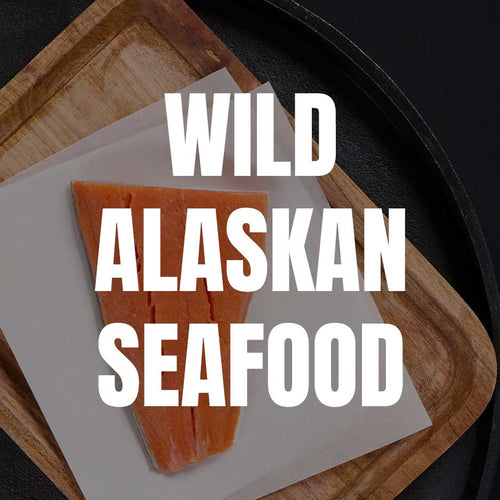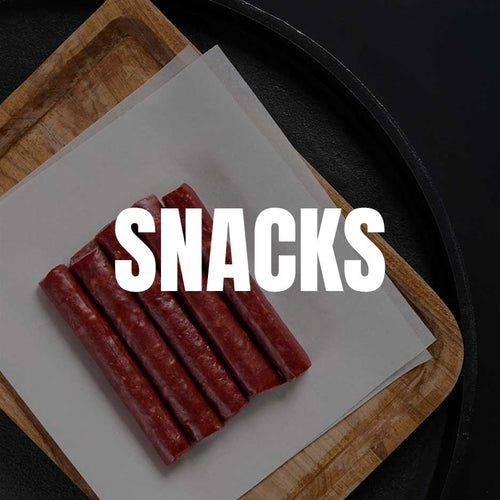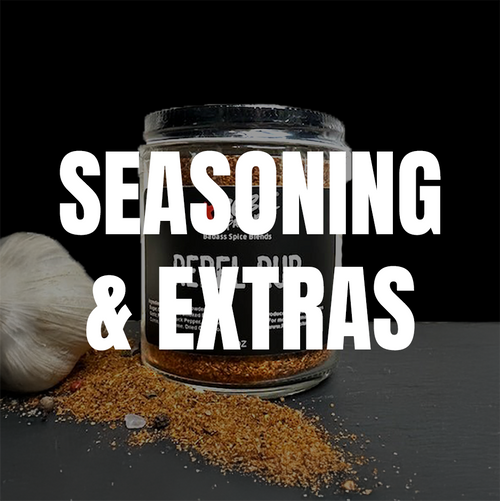
· By Jenni Bajema
How Do Small, Regenerative Farms Strengthen America’s National Security?
Every now and then, someone asks a question that deserves more than a quick answer.
This one did:
“How do small, regenerative farms play a role in national security?”
It’s a fair question - because most people have only ever heard the story Big Ag tells:
“We feed the world. Small farms could never do what we do.”
But here’s the uncomfortable truth no one at the top wants to admit:
A food system built on a handful of mega-corporations, subsidized systems, centralized processing plants, foreign-owned farmland, and chemically dependent monocultures is fragile.
Dangerously fragile.
Regenerative farms: small, decentralized, community-driven farms... aren’t a quaint leftover from the past.
They’re a national security asset.
A strategic advantage.
And one of the last remaining safeguards between this country and a food crisis we’re wildly unprepared for.
And as we do here at Rebel... let’s pull back the curtain.
1. How Does a Decentralized Farming System Make America Safer?
Think about an old-growth forest system.
It survives storms, droughts, pests, and wildfire threats because it’s diverse.
Tall trees, understory, shrubs, fungi, insects, wildlife- all playing their part.
If one species suffers, the whole forest doesn’t collapse.
The diversity absorbs the shock.
But when you plant a monoculture - one species, one age, one structure... one disease, one storm, or one pest infestation can wipe out the entire thing.
All at once. With no safety net.
America’s industrial food system is a monoculture.
Small, regenerative farms are the old-growth forest - layered, diverse, resilient, and designed by nature to withstand chaos.
We’ve allowed the food system to consolidate into a handful of giant processors, CAFOs, grain elevators, and slaughter plants - creating single points of failure that could cripple the entire country if they were disrupted (As we saw in 2020).
Small farms break that vulnerability.
- Every small farm is one more node in a decentralized, shock-absorbing food network.
- Every regenerative system is one less dependency on the fragile, industrial, chemical-heavy model.
- Every independent farmer reduces the nation’s exposure to supply chain attacks, cyberattacks, natural disasters, and foreign influence.
This is redundancy in the best sense of the word. It’s food system insurance.
2. How Do Small Farms Protect the Local Food Supply During Crises?
When the big supply chains fail... pandemics, wars, droughts, cyberattacks, transportation shutdowns, it’s small farms that keep food flowing.
Not the mega-processors.
Not the grocery stores.
Not the imported beef falsely labeled “Product of USA.”
Small farms:
- Shorten the supply chain.
- Feed their local communities directly.
- Provide nutrient-dense food that doesn’t require an overseas journey.
- Work with nature, not against it, so their systems remain productive even when climate events hit.
We saw this crystal clear in 2020 when industrial systems collapsed…and small farms held the line.
Decentralization isn’t just a nice idea - it’s survival.
3. How Does Supporting Small Farms Strengthen Rural Economies?
Here’s something most Americans don’t realize:
Where Big Ag grows… rural America dies.
When mega-operations take over, local processors close, small businesses fold, young families leave, and towns hollow out.
That’s not an accident - it’s the cost of consolidation.
Small farms do the opposite.
- They keep dollars circulating locally.
- They create jobs.
- They maintain rural infrastructure.
- They support local processors, butchers, feed mills, and shops.
- They build communities instead of gutting them.
If you want a strong nation, you need strong towns.
If you want strong towns, you need small farms.
It’s that simple.
4. How Do Small Farms Make America More Resilient Against Biological Threats?
This is the part nobody wants to talk about.
👉A centralized, industrialized food system is a biosecurity nightmare.
👉One outbreak.
👉One deliberate attack.
👉One contaminated facility…
…and the entire supply chain can go down (Bird Flu anyone??).
Dispersed small farms, on the other hand:
- Reduce the impact of disease outbreaks.
- Prevent single points of biological failure.
- Lower the risk of agroterrorism.
- Keep production geographically diversified.
- Protect farmland from foreign corporate ownership.
Small farms make our food supply harder to target - and much harder to break.
5. How Do Regenerative Farms Improve the Health of the Nation?
This point doesn’t get enough attention.
Nearly 77% of young Americans are now ineligible to serve in the military without a waiver - primarily due to obesity, poor nutrition, or chronic health issues.
Read that again.
We’re not just dealing with a food crisis - we’re dealing with a fitness crisis.
Regenerative farms help change that trajectory by:
- Producing nutrient-dense food grown in living soil.
- Reducing chemical exposure.
- Supporting school and community food programs.
- Increasing food literacy.
- Rebuilding a culture that values real meals, real ingredients, and real nourishment.
If we want a nation capable of defending itself - militarily, economically, and socially - we need a population that’s healthy enough to stand on its own two feet.
And that starts with the food.
6. How Do Small Farms Preserve Cultural Strength and Community Stability?
You can’t have national security without community security.
Small farms keep alive:
- Traditions
- Skills
- Stewardship
- Family legacies
- Local food culture
- Intergenerational wisdom
They give people a sense of belonging and purpose - something industrial agriculture can’t manufacture in a boardroom.
When rural communities are strong, America is strong.
7. How Do Small Farms Drive Innovation?
Industrial agriculture (Bill Gates) wants you to believe innovation only comes from billion-dollar labs and corporate R&D departments.
Not true.
Small, regenerative farms lead the way in:
- Soil health breakthroughs.
- Adaptive grazing.
- Cover crop integration.
- Multi-species systems.
- Direct-to-consumer models.
- Food transparency.
- Local processing solutions.
- Nutrient-dense crop diversity.
- Low-input, high-resilience farming.
I could go on and on... Innovation doesn’t come from scaling up.
It comes from staying close to the land and responding to what it needs.
Corporate ag may feed shareholders.
Regenerative ag feeds people.
So… How Do We Strengthen National Security Through Farming?
We support the small farms.
👉 We build a diversified food network that spreads risk instead of concentrating it.
👉 We protect farmland from foreign control.
👉 We invest in regenerative practices that regenerate soil instead of strip-mining it.
👉 We empower communities to feed themselves.
👉 We raise a generation of Americans who are healthier, more knowledgeable, stronger, and more resilient.
And here’s something worth saying out loud:
Who better to strengthen America’s food security than the men and women who’ve already defended this country once?
Veteran-owned farms bring something rare to the table - discipline, grit, clear thinking under pressure, and an unshakable understanding of what national security actually means. Veterans know what it looks like when systems fail… and what it takes to build systems that don’t.
When military veterans return home and put their boots back on the ground - as farmers, ranchers, and land stewards - they’re not just raising food...
They’re fortifying the nation from the soil up.
Industrial agriculture may produce the most volume - but small farms produce the most security.
This isn’t nostalgia.
It’s strategy.
And America needs it now more than ever.
Thanks for giving a damn,
Jenni Bajema
Share:
1 comment
-
Excellent blog post. Every point is spot on. I grew up on a small beef farm. So many of those farms are gone or used for hunters and large, useless estates. But this new generation of micro farmers and regenerative farmers is making a difference and growing in numbers. I have a granddaughter whom I’m hoping will become a regenerative farmer. I will help her anyway that I can.
Kathryn on


